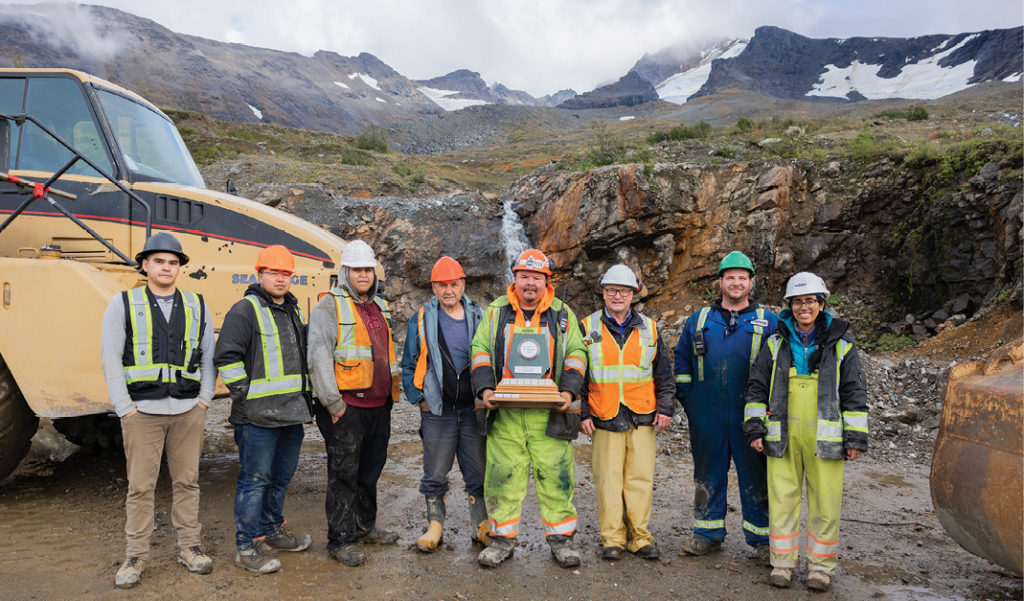Sign up for daily news updates from CleanTechnica on email. Or follow us on Google News!
Offshore wind (OSW) in the United States has the potential to play a critical role in transitioning the nation to a clean energy future while improving the power system’s reliability and resilience, as well as providing economic opportunities and American jobs. From 2021 through 2023, the U.S. Department of Energy (DOE), in partnership with the U.S. Department of the Interior’s (DOI) Bureau of Ocean Energy Management (BOEM), have supported technical analysis and convening efforts for OSW transmission planning on the Atlantic Coast. As interest in OSW in the Pacific grows, DOE is expanding their transmission convening efforts to the U.S. West Coast.
Join us for the Jan. 17 workshop from 10:00 a.m. – 12:00 p.m. PT / 1:00 – 3:00 p.m. ET. Register now.
West Coast Offshore Wind Transmission Efforts
West Coast Offshore Wind Transmission Convening Series: DOE and BOEM led a series of convenings to develop a set of Atlantic Coast recommendations and an associated action plan for addressing near-, medium-, and long-term transmission challenges. As interest in Pacific offshore wind grows, DOE is expanding their transmission convening efforts to the U.S. West Coast. In January 2023, DOE hosted an initial scoping call to collect input around West Coast transmission planning needs. Through the end of 2024, DOE plans to engage with Tribal entities, federal and state agencies, planning organizations, and key stakeholders such as cable and transmission providers, fisheries organizations, non-governmental organizations, developers, unions, utilities, and other ocean co-users and interested parties to discuss the aspects of transmission planning which are most meaningful and applicable to them.
West Coast Offshore Wind Transmission Literature Review and Gaps Analysis: In February 2023, DOE’s Wind Energy Technologies Office released the West Coast Offshore Wind Transmission Literature Review and Gaps Analysis. This analysis reviews existing literature focusing on the technical evaluation of offshore wind energy transmission through potential points of interconnection located along the coastlines of California, Oregon, and Washington. The study took into consideration existing and emerging state policies and Bureau of Ocean Energy Management wind site lease activities.
West Coast Offshore Wind Transmission Study: Through the Inflation Reduction Act, DOE received $100 million in funding for offshore wind and interregional transmission analyses and convenings, which will allow the agency to expand efforts to new regions in the future. In 2023, the Grid Deployment Office and Office of Energy Efficiency and Renewable Energy’s Wind Energy Technologies Office announced the kick-off of the West Coast Offshore Wind Transmission Study. This 20-month study will build off the West Coast Offshore Transmission Literature Review and Gaps Analysis and detail transmission options to support offshore wind development in the Pacific Ocean along the U.S. West Coast.
For additional questions, contact the team at [email protected]. To learn more about GDO’s funding and financing programs made available through the Bipartisan Infrastructure Law and Inflation Reduction Act, see the Grid and Transmission Program Conductor.
Article from U.S. DOE.
Have a tip for CleanTechnica? Want to advertise? Want to suggest a guest for our CleanTech Talk podcast? Contact us here.
Our Latest EVObsession Video
I don’t like paywalls. You don’t like paywalls. Who likes paywalls? Here at CleanTechnica, we implemented a limited paywall for a while, but it always felt wrong — and it was always tough to decide what we should put behind there. In theory, your most exclusive and best content goes behind a paywall. But then fewer people read it!! So, we’ve decided to completely nix paywalls here at CleanTechnica. But…
Thank you!
CleanTechnica uses affiliate links. See our policy here.




